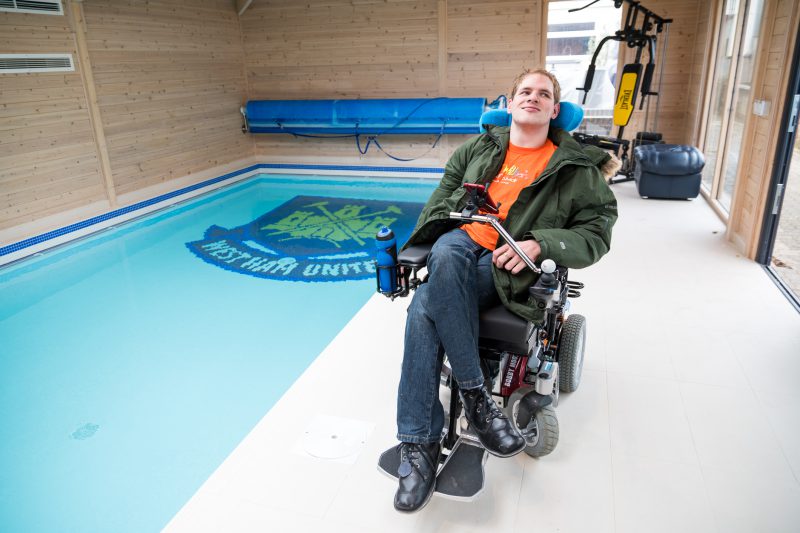
Elan’s Story – Living her dream
What happened? Elan’s mother had a normal pregnancy but problems developed in labour. There was a failure by the medical staff looking after Elan’s mother
Brain Injury
A traumatic brain injury can occur after a blow or other trauma to the head. Life can change in an instant. If the trauma was caused by the actions of a third party, it may be possible to claim compensation. We have the specialist knowledge to help.
There are four types of traumatic brain injuries (TBIs):
Concussion: A concussion is a mild TBI that typically results from a blow or jolt to the head. Symptoms of a concussion can include headaches, dizziness, confusion, and memory loss.
Contusion: A contusion is a bruise on the brain that can occur when the brain collides with the skull. Symptoms of a contusion can include vomiting, seizures, and a loss of consciousness.
Penetration: A penetration injury occurs when an object penetrates the skull and enters the brain. Symptoms of a penetration injury can include bleeding, infection, and damage to brain tissue.
Diffuse axonal injury: A diffuse axonal injury (DAI) is a severe TBI that occurs when the brain shifts rapidly inside the skull, causing tearing or stretching of nerve fibers. Symptoms of a DAI can include a loss of consciousness, coma, and severe cognitive and physical disabilities.
The extent of recovery from traumatic brain injury (TBI) depends on the severity of the injury, the location of the damage, and the effectiveness and intensity of medical treatment and rehabilitation. In some cases, people with mild TBIs can fully recover within weeks to months, while those with severe TBIs may experience long-term or permanent disability.
For people with mild TBIs, rest, pain management, and gradual return to normal activities may be sufficient for a full recovery. However, people with moderate to severe TBIs typically require more intensive medical treatment and rehabilitation, which can include physical therapy, occupational therapy, speech therapy, and cognitive rehabilitation.
Even with the most effective treatment and rehabilitation, some people may experience long-term or permanent cognitive, physical, or behavioral problems as a result of a TBI. These problems can include difficulty with memory and concentration, chronic pain, depression, anxiety, and behavioral changes.
It is important to pursue your brain injury claim as quickly as possible due to time limits and to also enable us to help you obtain compensation as soon as possible. This is especially the case in complex cases as the process can be lengthy.
You have to start your claim within 3-years (limitation period) from when the injury occurred or when you first became aware of any potential negligence or injury as a result. However, the time limit only begins when a child reaches 18 years of age.
For someone who lacks capacity to pursue any litigation, the 3-year time period may never start to run although capacity can return or be intermittent.
You should always seek legal advice upon the relevant limitation period in your circumstances.
There may be several options open to you to include legal aid, No Win No Fee and legal expense insurance. We can advise you on the correct funding method for you. We have designed a No Win No Fee package to protect you from paying any costs should your claim not be successful.
We can provide a second opinion free of charge. We have acted for many clients who have been told they don’t have a case, but by looking at the claim in a different way and with our expertise, we have gone on to be successful.
We make the legal side of things as easy and worry-free for you as possible. We concentrate on getting answers and the best compensation to provide for your needs, whether that is rehabilitation, care, suitable accommodation, specialist aids and equipment, or all of those things and more.

What happened? Elan’s mother had a normal pregnancy but problems developed in labour. There was a failure by the medical staff looking after Elan’s mother

Cerebral palsy after Syntocinon induction Ryan’s case was closed by solicitors and experts who said it wouldn’t win. We turned that around and won for







CL Medilaw © 2024